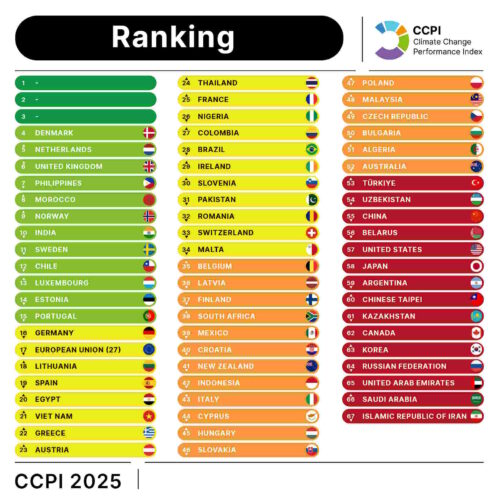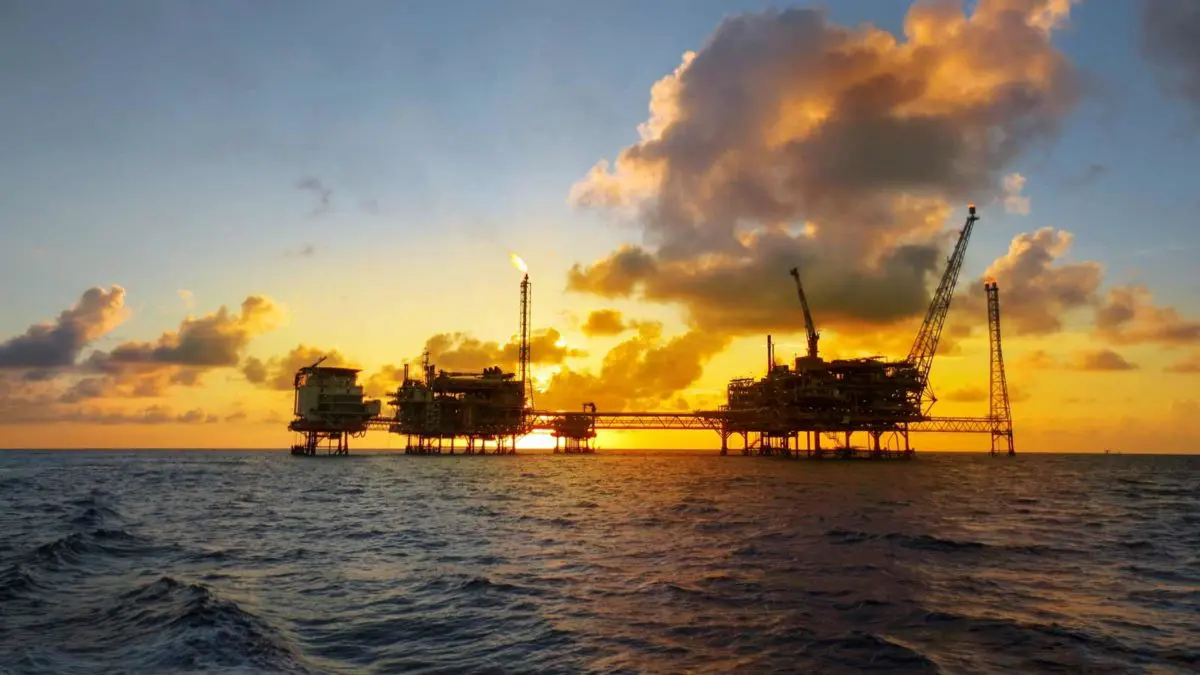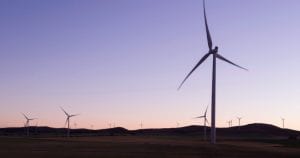Australia’s plans to open new gas fields and the recent environmental approval of three massive coal mine expansions has seen the country slip two places in this year’s global Climate Change Performance Index.
The index, published on Wednesday on the sidelines of COP29 climate talks being held in Baku, Azerbaijan, is authored by Germanwatch, NewClimate Institute, and CAN International to assess the progress made by the world’s largest economies on emissions, renewables and climate policy.
The 63 countries plus the European Union assessed in the CCPI are responsible for 90% of global emissions and are ranked based on their combined score across the three metrics.
Once again, no country has performed well enough in all three categories to achieve an overall “very high” rating, and so the top three ranks are left symbolically empty.
Australia, despite boasting an economy ranking amongst the world’s top 20 and a seat at the G20 table, was ranked at 52 in this the 20th edition of the CCPI, falling two spots and now ranked amongst the “low-performing countries”.

The highest rating Australia can boast is a “medium” for its greenhouse gas emissions, with both renewable energy and climate policy receiving a “low” rating and energy use receiving a “very low” rating.
The CCPI experts welcomed Australia’s plans to reduce greenhouse gas emissions by 43 per cent by 2030, net zero by 2050, and acknowledged that the country is edging towards being “on track” to meet its near-term targets.
Additionally, since the election of the current government in mid-2022, fossil fuel subsidies have declined and been redirected towards other industries.
However, that’s about the end of the good news and, even then, there are caveats – considering that some major fossil fuel subsidies remain, including the country’s Fuel Tax Credit scheme which subsidises the fuel taxes paid by a range of sectors, including fossil fuel mining.
Australia is in fact one of the 10 countries with the largest developed coal and gas reserves and has recently begun to increase production.
Specifically, the current government’s Future Gas Strategy envisions opening massive new gas fields and continuing to burn and export natural gas well beyond 2050 – all in the name of ‘safeguarding’ the country’s “energy security and affordability”.
Similarly, in late September, the current government approved three massive coal mine expansions in New South Wales that are expected to operate as far into the future as 2066.
CCPI experts worked hard in their assessment of Australia to find bright spots – such as some policies seeking to phase out coal, implementation of the reformed Safeguard Mechanism, and stricter emissions baselines for large industrial facilities.
There has also been a recent shift in how Australia participates at COPs since the election of the new government – which should surprise absolutely nobody.
“Notably,” write the CCPI experts, “at COP28, Australia’s Climate Change Minister, as chair of the Umbrella Group, committed the coalition for the first time to transitioning away from fossil fuels and to ensuring global emissions cuts of 43% by 2030 and 60% by 2035.
“And as Australia has officially bid to co-host COP31 in 2026 in partnership with the Pacific, COP31 could be a further defining moment for Australia, with global attention focused on host countries.”
However, the overall conclusions are not good for Australia, with many areas of the country’s decarbonisation “lagging”. As such, the CCPI experts called on Australia “to stop approving and signalling support for the expansion of fossil fuel production, including through the Future Gas Strategy released in 2024.”
Australia’s demotion in this latest edition of the CCPI was lamented by Australian Conservation Foundation’s climate program manager Gavan McFadzean, who echoed many of the same points laid out in the report.
“While the Albanese government’s renewable energy rollout is commended, Australia has been marked down for continuing to subsidise fossil fuels and approve new coal and gas projects,” said McFadzean.
“Australia is accelerating the decarbonisation of the electricity system but continues to sidestep the urgent need to phase out coal and gas production and exports.”
Overall, in this year’s CCPI, Denmark maintained the highest ranking at fourth and is the only country to achieve a high performance in the climate policy rating, even though it does not perform well enough to earn an overall very high rating.
The Netherlands came in fifth, climbing three places but, with a new far-right party taking control of the government, this might be the last time we see the country this high for a while.
Meanwhile, climbing the ladder from 20th to 6th was the United Kingdom who secured an overall high performance, with high rankings for greenhouse gas emissions and energy use and a medium for climate policy.
“Large parts of the world have recognised that renewables are a cost-effective and safe choice for the energy supply,” said Jan Burck from Germanwatch, one of the authors of this year’s CCPI
“Renewables are in the fast lane, especially in the electricity sector. In addition, there is an increasing electrification of the mobility, residential and industrial sectors. The trend towards electrification is continuing, while new storage technologies are developing at the same time. Nevertheless, there is still massive resistance from the fossil fuel lobby.
“Countries should not fall deeper into the fossil trap.”











Leave a Reply